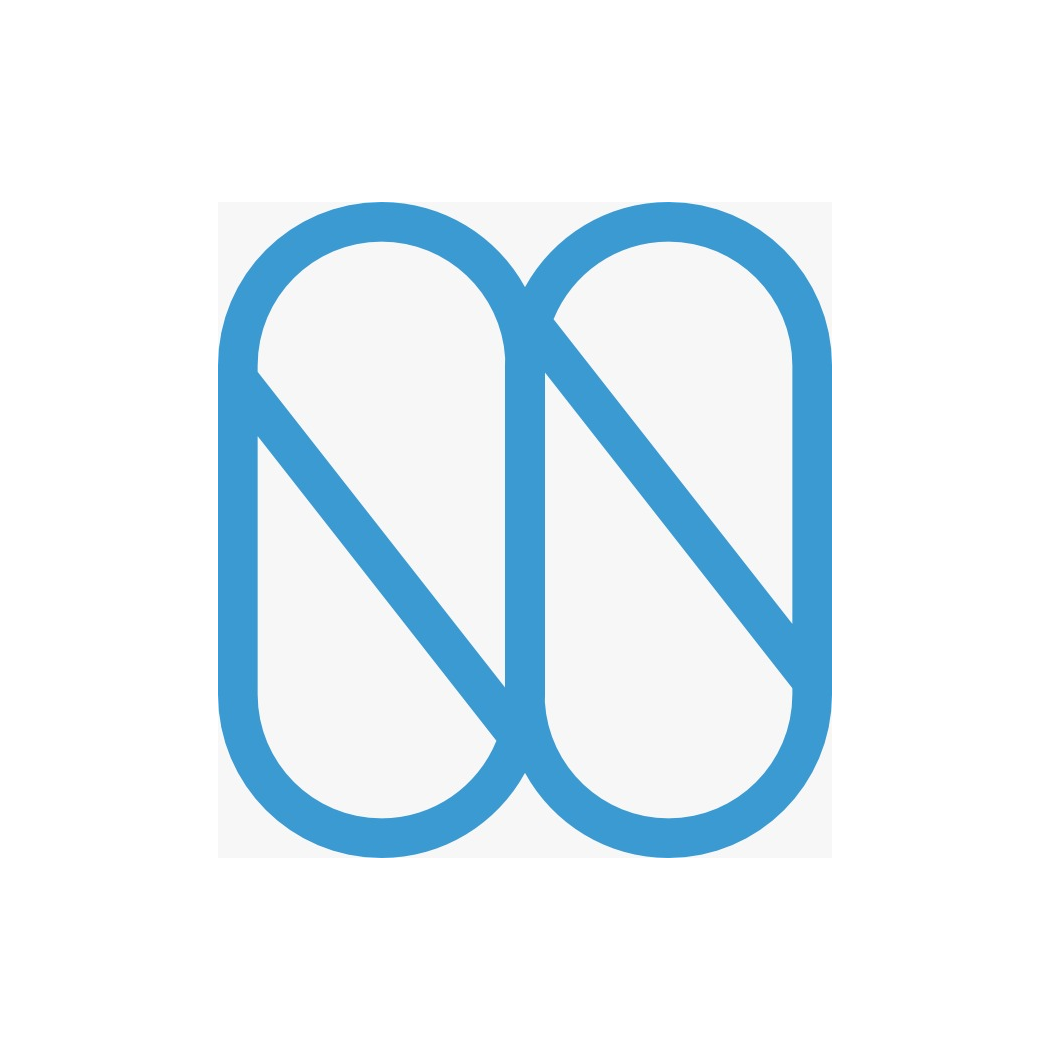This Is What Will Happen to Your Body if You Don't Eat After a Workout
- Vaibhav Verma

- Jan 2, 2021
- 4 min read

Should I eat after a workout?
In short, yes, but it does depend on your ultimate goal, according to Hannah. She emphasises that what you eat is very individual and will completely depend on:
What form of exercise you've done
How long you've worked out for
What your overall goal is.
In general though? "Yes, you should refuel and rehydrate your body if you've done any form of high intensity exercise, cardio or weight training," she explains. If you are someone doing a lot of high volume training, for example training for a marathon, it’s even more important, she stresses.
Why should I eat post-workout? What are the benefits?
Regardless of your goal, you should be eating nutrient-dense foods to both fuel and recover your body, according to Hannah.
"Eating post-workout will improve recovery, help you push performance at your next session, and reduce muscle damage such as DOMS (delayed onset of muscle soreness)," she explains. That's because during a workout, you break down muscle to create small micro tears. Eating food with protein triggers the repair process for all these mini tears.
Hannah expands: "Consuming the right foods means you'll help your body to repair and rebuild the torn muscle fibres mentioned above, which are important for muscle synthesis and replenishing lost glycogen (aka carbohydrate) stores." And this is crucial as these are all vital for performance.
Basically, by eating post-session, you're giving your body the right recovery tools to mend itself and then work harder next session. And recovering well plus sensibly pushing yourself harder during workouts = ideal.

If you don't start the recovery process with food quickly after a workout, you can actually make yourself weaker in the long-term because your muscles will remain damaged and therefore over-exerted during exercise. Which kind of defeats the object of going to the gym regularly.
As well as requiring a protein-heavy meal or snack following a workout in order to help your muscles repair themselves, there are other physical reasons your body needs to be refuelled asap. Sweating during exercise means you lose water as well as electrolytes, and if you don't replenish these you will start to feel dehydrated, which can leave you feeling tired and faint.
And failing to eat after exercise can also impact your mood, it turns out. Exerting yourself physically makes your glucose levels drop, but glucose is essential for brain function as well as your general energy levels. Low brain function can have an effect on your mood and your alertness, so if you want to make the most of that post-work-out high, you need to replenish those glucose levels with a well-balanced meal.
However, do note here, as above, that it is dependent on the type of workout you're doing. "If you’re doing a quick lunch time class or some yoga and don’t eat immediately afterwards, it’s not the end of the world. It’s what you eat over the course of the day that matters the most," she explains.
But if you are working out regularly or training for something a little more serious, post-workout nutrition is crucial.
When after I exercise should I aim to eat?

So what exactly does Hannah mean by recovery? Eating the second you finish your workout, or eating within a certain time frame?
"For women, aim for within an hour of working out," Hannah advises.
And what should your post-workout snack - or meal - look like?
If you want to maintain your current weight

One 20g to 30g portion of protein: think tofu, milk, yoghurt, three eggs, ham slices, chicken slices, fish, whey protein, vegan protein.
Plus one portion of carbohydrates: for example, a slice of toast or two, rice, cereal, or fruit.
"The sooner you have these carbs after a workout, the better replenishment you get," explains Hannah.
If you want to build muscle

The same as maintenance, but with bigger portions.
One 25g to 35g portion of protein, ideally with leucine (the amino acid responsible for turning muscle building on). Eg tofu, milk, yoghurt, three eggs, ham slices, chicken slices, fish, whey protein, or vegan protein.
One to two portions of carbohydrates: eg, a slice of toast, rice, cereal, or fruit.
Eating enough protein and overall calories across the day is the most important factor, Hannah explains. If you're looking to build muscle, you need to be in a calorie surplus, aka consuming more calories than you have used.
If you're looking to lose weight

For weight loss, Hannah advises maintaining a calorie deficit. This likely means aiming to eat a smaller portion than maintenance and muscle build.
One protein source: salmon, chicken, or tofu.
One portion of carbohydrates: new potatoes, butternut squash, rice, or granola.
OR a lower cal protein-carb option: eg, a protein shake, smoked salmon and cream cheese on brown bread, or greek yog and berries.
What will happen if I don't eat after exercise?
Women may experience a 'negative muscle balance', i.e. you'll break down muscle quicker than your body can repair it, Hannah explains.
"This reduces recovery to form stronger muscles. Sure, it isn’t the end of the world, but if performance, strength and body composition are your goals, you want to minimise this," she explains.
She also advises making sure you're eating post-workout if you've ever gone into the next session feeling depleted.
Hannah's top tip?
"Post-workout, I’d always recommend a recovery drink," she explains. Not only does this help with muscle repair, it further helps with hydration. "A simple glass of skimmed milk, soy milk or protein shake can be a very effective and inexpensive way to refuel."
See - simple.
Source: www.cosmopolitan.com




Comments